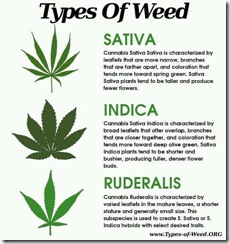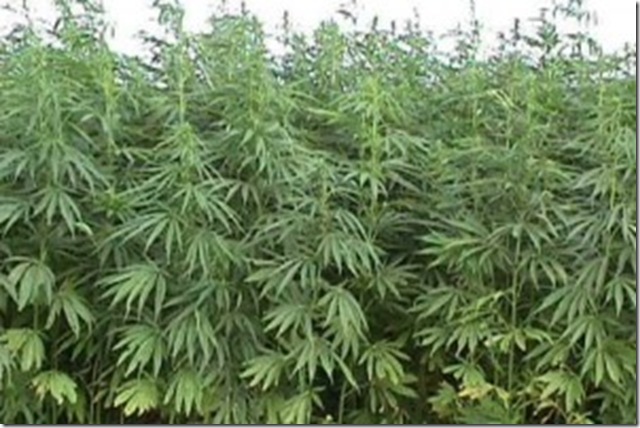 When citizens of Colorado and Washington voted to legalize marijuana in November they created a conflict, because pot remains illegal under federal law and anyone who lights up is committing a federal crime and could theoretically still be arrested for it. After Colorado passed the referendum, Governor John Hickenlooper said the implementation of the law in his state would be a “complicated process” and he warned residents not to “break out the Cheetos or Goldfish too quickly.”
When citizens of Colorado and Washington voted to legalize marijuana in November they created a conflict, because pot remains illegal under federal law and anyone who lights up is committing a federal crime and could theoretically still be arrested for it. After Colorado passed the referendum, Governor John Hickenlooper said the implementation of the law in his state would be a “complicated process” and he warned residents not to “break out the Cheetos or Goldfish too quickly.”
While it seems unlikely that the federal government will make much of an effort to arrest pot users in Colorado or Washington—Obama has said he has “bigger fish to fry”— the tension between federal and state laws on marijuana remains. Just last week, an appeals court rejected a suit that sought to lower the classification of medical marijuana under federal drug laws.
That court ruling threw the issue back to Congress and the Drug Enforcement Agency, which should start a serious reconsideration of national policy toward marijuana. The federal government should start by reclassifying medical marijuana, legalizing it outright, or at least dialing down the penalties. And it should begin to have the sort of serious discussion about legalizing recreational marijuana that is now occurring in the states.
The campaign to legalize marijuana has long been viewed as a fringe cause, backed by young people and old hippies. That perception has lingered even though public opinion polls have shown that a growing percentage of the public favors legalization – as much as 68% in one recent poll. In the past two decades, supporters of marijuana have focused on legalizing medical use, and they have had impressive success. Today, 18 states and the District of Columbia have made medical use legal – and at least seven more states are considering it. Meanwhile, the DEA still classifies marijuana as a “schedule 1” drug under the federal Controlled Substances Act of 1970 – a classification for drugs that have no accepted medical use. Americans for Safe Access, a pro-marijuana group, challenged this classification, but last week the U.S. Court of Appeals for the D.C. Circuit rejected the lawsuit. That ruling left in place the DEA’s blunt position that there is “no currently accepted medical use for marijuana in the United States.”
The votes in Colorado and Washington were a watershed, however, because they shifted the debate from medical marijuana to outright legalization. And the votes were not even close. In Colorado, the referendum passed by more than 6%. In Washington, the margin was 10%.
Afterwards, President Obama said that the federal government has a lot of crime to prosecute and “it does not make sense from a prioritization point of view for us to focus on recreational drug users in a state that has already said that, under state law, that is legal.” Last week, Washington Gov. Jay Inslee said that he had a conversation with Attorney General Eric Holder that encouraged him about his state’s ability to carry out the referendum legalizing marijuana.
It is good that the Obama administration appears to be standing down now, but that has not always been the case. As recently as last year, the Justice Department was cracking down on medical marijuana producers in California and other states. There is no way to know that the federal government will continue to leave marijuana policy to the states. And whatever policy the Obama administration adopts, it could be undone when a new President takes office.
Justice Louis Brandeis once said that the states should function as “laboratories,” testing new ideas for possible adoption by the whole nation. We have seen enough over the past 16 years from the states that have legalized medical marijuana to know that the benefits are real and the alleged dangers overblown. With this data in hand, the DEA should reclassify marijuana to acknowledge its possible medical uses.
In Colorado and Washington, a bolder experiment is now underway. The rest of the nation should watch closely. It is possible that legalization will lead to higher crime rates, increased use of harder drugs, and other menaces that marijuana critics warn about. But if legalization in these states has few negative effects, we will have the strongest argument yet for why marijuana should be legal nationwide.
Source: Time Magazine (US)
Author: Adam Cohen
Published: January 28, 2013
Copyright: 2013 Time Inc.
Contact: [email protected]
Website: http://www.time.com/time/








